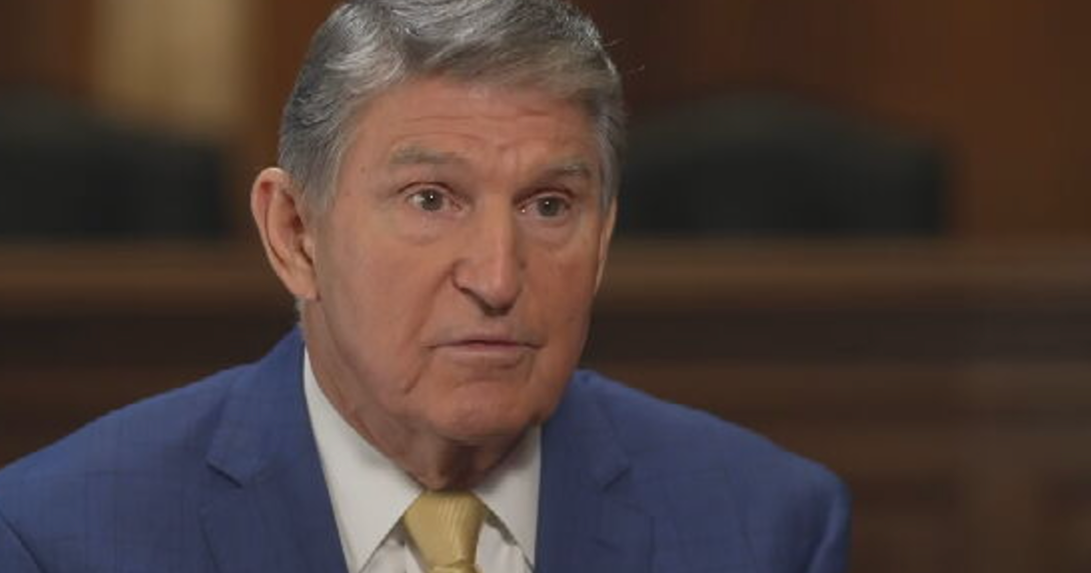Furloughed? Here's what you need to know about unemployment benefits
With the government shutdown closing out its fourth week, furloughed workers are turning to their states to make ends meet. Applications for unemployment compensation from federal employees doubled in the first week of January, according to the U.S. Department of Labor. More than 10,000 federal employee sought aid in the week ending Jan. 5, the DOL said. In a typical week, fewer than a thousand former federal workers apply for unemployment.
For those weighing whether or not to apply for unemployment, here's what to know.
The earlier, the better
Some states impose a waiting period on people applying for unemployment benefits; others could be delayed in replying because they're inundated with applications.
Applications for unemployment last week rose in states with a large number of federal contractors. In Washington D.C., unemployment claims rose to 2,158 from 1,190. In Virginia they jumped to 5,966 from 3,497, and in Maryland to 4,949 from 4,467.
Edward Zurndorfer, a CPA based in Maryland, has heard from many federal workers applying for unemployment benefits and being told to wait. "One person applied for unemployment and was told they're not going to hear back for about a month," he said. "Unemployment [benefits] is a state-by-state thing; in one state it might be next week, and the next state it might be next month."
Many people might feel like they're on the brink of going back to work and be hesitant to file. In this case, employee attorneys recommend filing just to be safe.
"Let's say you're furloughed, you might think you don't qualify because you technically have a job. But you don't know when you're coming back to work, and you might not come back at all," said Spencer Cohn, a national employee representative. "So you need to file."
Employed without pay doesn't count
People who are called back to work without pay aren't eligible to file for unemployment benefits, the Labor Department has said.
There are two elements to an unemployment claim, Cohn explained: Showing that you're out of work, and showing that you're not getting paid. (That requirement has sometimes hobbled other types of workers, he said. Real estate agents who work on commission are considered to always be working—even if they're not getting paid.)
But the rules are being applied unevenly, the AP reported. California Gov. Gavin Newsom, for example, said the state will give benefits to people still on the job despite the federal guidance prohibiting it.
"The good news is we're going to do it, and shame on them," he told TSA workers during a visit Thursday to Sacramento International Airport.
He said workers in California's employment development department may authorize benefits for federal employees who are still working and that he's confident those workers will pay the state back.
Several federal employee unions have filed lawsuits against the government, claiming that forcing workers to work without pay violates labor law and the constitution's prohibition on involuntary servitude, but employees will likely have to wait several years for a decision and any additional back pay.
The government shutdown can still hobble you
When furloughed EPA workers in Kansas City, Kansas, applied for unemployment benefits, they hit a snag, said Sarah Watterson, an EPA worker and president of AFGE Local 907.
"They've put in claims and they're getting denied right now because there's no one in the government to verify their employment," she said. Human-resources positions at the EPA are among the many who are not deemed critical enough to work during the shutdown.
The workers were told to keep submitting their claims and that they would see payments eventually. At least 10 workers in her region tried to file for unemployment benefits, she said, "but I haven't spoken with anyone who's gotten payments yet."
"We're all just feeling our way through this—it's not something we know how to do on a regular basis," she added.
An interest-free loan, of sorts
Once the government reopens and workers receive back pay, they'll have to pay back any unemployment benefits, according to guidance from the Office of Personnel Management.
"You can't double-dip," said Cohn, but usually "you can make a deal if you don't have that money available." Unlike, say, taxes, repayment of unemployment benefits doesn't come with any penalties, Cohen added.
According to OPM, most states will allow workers to set up a regular unemployment agreement—but requirements differ by state, and it's best for workers to check with their state's department of labor. Those who decline to pay back benefits can expect to have the government take it out of their paychecks.
The Associated Press contributed reporting.



